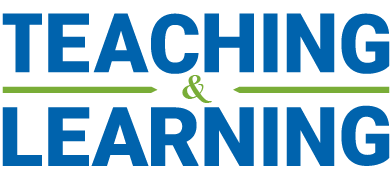Summary
Prof. Steve Weiss explains how a unique experiential negotiation simulation in IBUS 6490 International Negotiations – Analysis, Strategy and Practice helps students build a key skill in business. Students become immersed in a case as they play assigned roles and within teams develop a plan to accomplish their aims. The instructor and/or an outside expert provide feedback on the application of negotiation skills learned throughout the course and students come away with an ability to effectively transact and conduct relationships, essential skills for a successful business career.
To further capture the essence of a mega-simulation, view the example role assignments and process map for participants, covering the multiple aspects of a mega-simulation over a 5-6 week period.


Video Transcript
IBUS 6490 International Business Negotiation. There’s no prerequisite in negotiation before they take the course so I’m not assuming that students know how to negotiate before they start. We build that right into the course but then we take them farther and higher let’s say than you would in a regular negotiation course. So, what I’m trying to help students do is really get ready for the marketplace, help them understand negotiation as a phenomenon, be able to analyze it, plan for it, achieving better outcomes, using processes more effectively and building better relationships.
The mega simulation! This is what I think of as the highlight of the course. We actually do two, but I think they’re certainly the highlights of the course. And I do them because they are the single most impactful method of teaching negotiation that I know. Negotiation involves a lot of skills. This will give you a lot of practice working on those skills and developing them to a point of sophistication or effectiveness where you can really use them in your career and in your personal life. Let me describe what a mega stimulation looks like from a student perspective. In the course you’ll have taken or done three or four smaller exercises leading up to the mega simulation. You’ll be assigned a role in a simulation. Say if it’s a Nissan-Renault Chrysler simulation you might be the chairman of Nissan, or you might be a French government official. You’ll be part of a team, most of the time. So, over the next three weeks you and your teammates will be developing a plan for what you’re trying to accomplish during the weekend simulation. And then Friday night at 7 o’clock, we start the simulation, but what happens is up to you. It is intense, it is engaging, it pulls you in, and you’ll stay there.
We’ve got many feedback routes or mechanisms to capitalize on that investment. There is a faculty or outside expert who observes all of the simulation. There is peer feedback, there is self-assessment, we videotape. We watch the video tapes afterwards. There are post simulation analyses that the students do to try to understand why they reach the outcomes they reached and what went on in the process. What were some of the cause and effect relationships?
After the simulation is over, students will often come up to me and say wow that was amazing, or this was the best experience I’ve had in my MBA curriculum. That’s negotiation and that’s what business is all about, transactions and relationships. So I think this is a central and essential skill for a successful business career.


